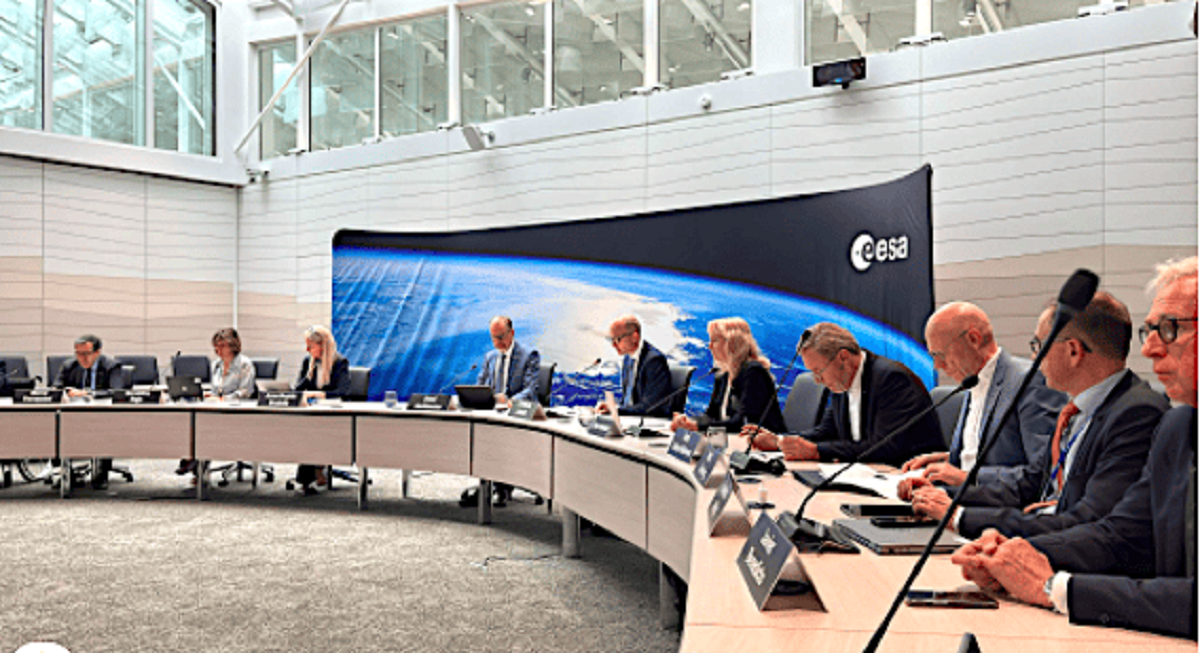The European Space Agency (ESA) has initiated steps towards altering its long-established georeturn policies. These policies have traditionally awarded contracts based on the financial contributions of member states.
First Steps Towards Change
During a briefing on June 19, following an ESA Council meeting, officials announced that member states had agreed to a “first step” towards revising georeturn policies. Under these policies, funds contributed by member states to ESA programs are returned in the form of contracts to companies within those countries.
Evolving Policies for Efficiency
Josef Aschbacher, ESA’s Director General, emphasized the agency’s evolution in response to new conditions. Some member states and European countries have criticized georeturn for fostering inefficiencies. They argue that it prioritizes financial contributions over selecting the best suppliers, leading to delays and increased costs.
Balancing Change with Incentives
However, there is concern that eliminating georeturn could reduce the incentive for countries to contribute to ESA programs. Without a guarantee of proportionate contract awards, countries might be reluctant to provide funding.
Increased Flexibility and Streamlined Processes
The new resolution aims to introduce flexibility and streamline the georeturn process. Géraldine Naja, ESA’s Director of Commercialization, highlighted that this step is part of a broader industrial policy evolution. The goal is to maintain the georeturn principle, which has helped build a robust supply chain in Europe, while adapting to a rapidly changing space sector that demands agility and quick decision-making.
Pilot Programs to Test New Policies
Although specific changes to georeturn were not detailed, Aschbacher suggested a new approach. ESA would first hold a competition for a program, select the winning bidder, and then solicit funding from member states. This new policy will be tested on yet-to-be-selected pilot programs.
Debate and Future Evolution
The resolution was approved after intensive debate among ESA members. Aschbacher noted that while this is a significant step, it is seen as a foundation for further evolution and discussion. The willingness of member states to adapt indicates a collective effort to enhance Europe’s competitive industry.
The ESA’s move to adjust georeturn policies marks a pivotal shift towards greater efficiency and competitiveness. As the agency navigates these changes, it aims to balance the need for industrial agility with the foundational principles that have supported its growth.



